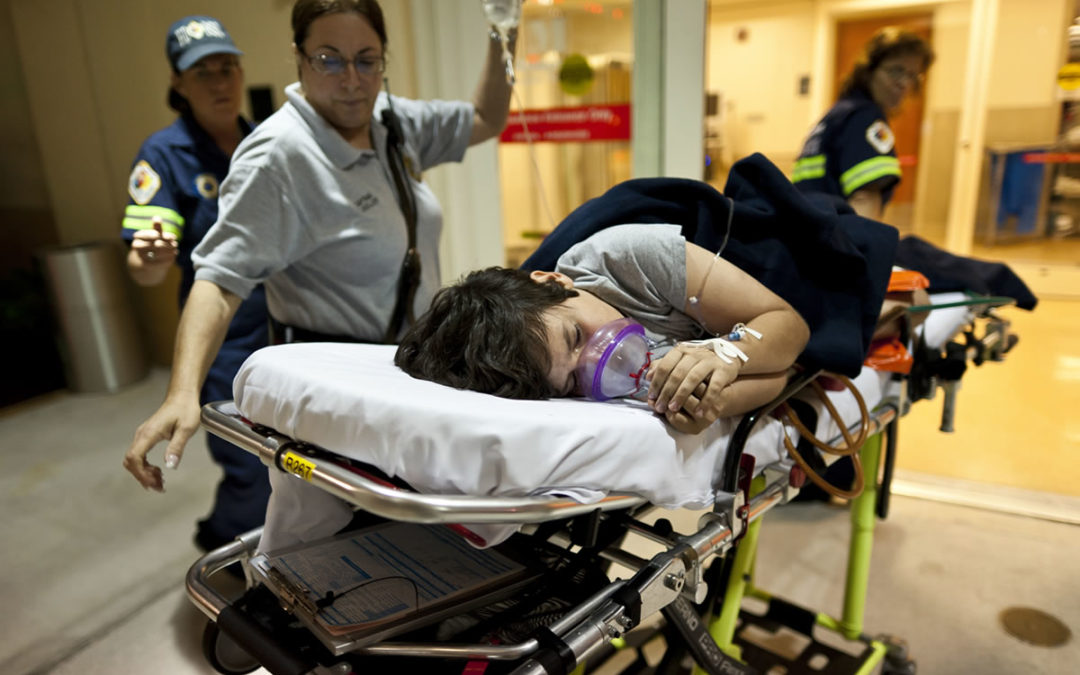The models tracking COVID-19’s impact on Iowa continue to be fluid. The pandemic is no doubt causing an unprecedented disruption in the economy, but we won’t know the full extent for months or even years. Yet, there are some certainties that we can calculate now, particularly the impact of COVID-19 on Iowa’s critical health care system, which is at the center of fighting this pandemic.
Iowa’s hospitals, particularly in rural areas, are bearing a financial burden that is quickly approaching a point of no return. While the end of the pandemic is not yet in sight, many hospitals are running out of both time and options to address the financial burdens of the last few months. This isn’t only about health care—it is also about the community and economic impact. Many rural hospitals are among the economic and social backbones of their regions; they not only exist to serve patients, but also employ a proportion of local populations.
The Washington Examiner recently reported on the cause and effect of hospitals’ massive financial losses. At the onset of the pandemic, hospitals didn’t waste any time: to prepare for the anticipated incoming surge of COVID-19 patients, they identified and prepared additional treatment areas, stocked up on supplies, and set up testing sites and protocols—all of which created new costs. In addition, many were forced to immediately halt non-emergency surgeries and delay a number of vital patient treatments.
This impact was quickly realized, resulting in billions of dollars in hospital losses. To help hospitals cope with these unexpected and significant losses, Congress included a provision in the CARES Act that expanded an existing loan program that gave hospitals the ability to receive anticipated Medicare payments ahead of time. This measure helped ensure that patients still had access to their local hospitals, but as we approach August 1st, there is concern about timing.
That’s because many of the hospitals that participated in the Medicare Accelerated and Advance Payment Programs will soon be expected to repay the very same loans they just received. If those loans are not repaid in full by August 1st, any hospitals that received funds will see their payments for treating Medicare patients cease until repayment is complete. This would be in addition to an exorbitant interest rate of nearly 10% on the remaining balance if the loan is not fully repaid within one year.
What is the impending impact here in Iowa? The Federation of American Hospitals has an online tool that paints a picture of the payments that have been received in each state. In total, more than $ 1 billion has been loaned to hospitals and health care providers in Iowa.
Last month, a Des Moines Register article detailed the downturn that was already occurring with the coronavirus and will likely result in some hospital closures.
Advocates are calling on Congress to act before the August 1st deadline to improve the terms of the program so that hospitals, both here in Iowa and across the country, can continue to provide vital services to patients.



